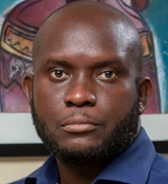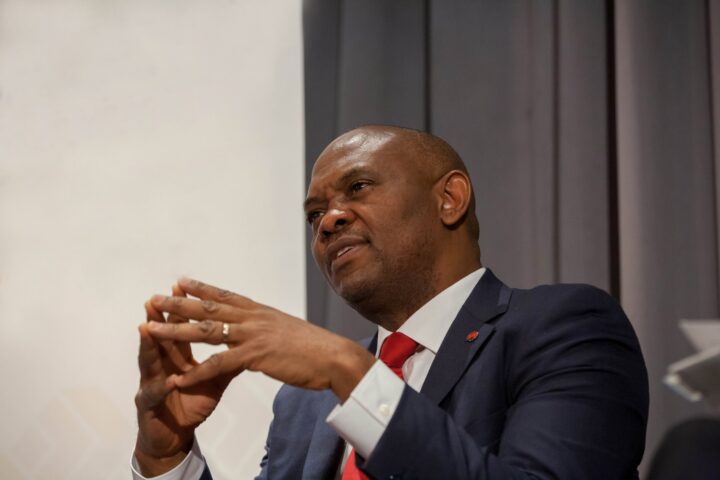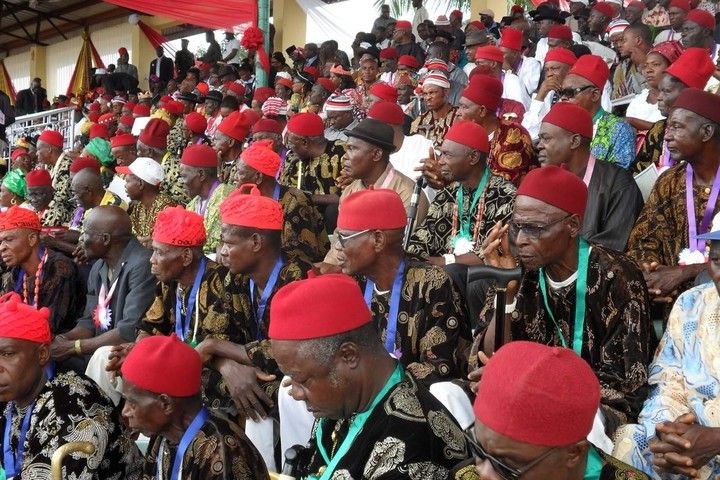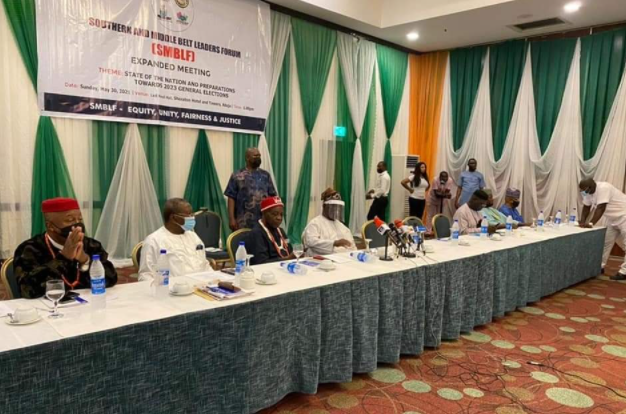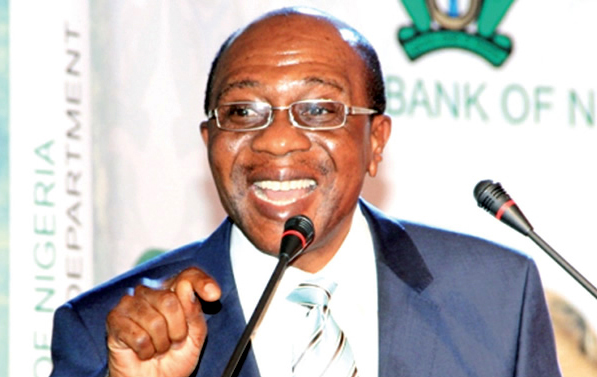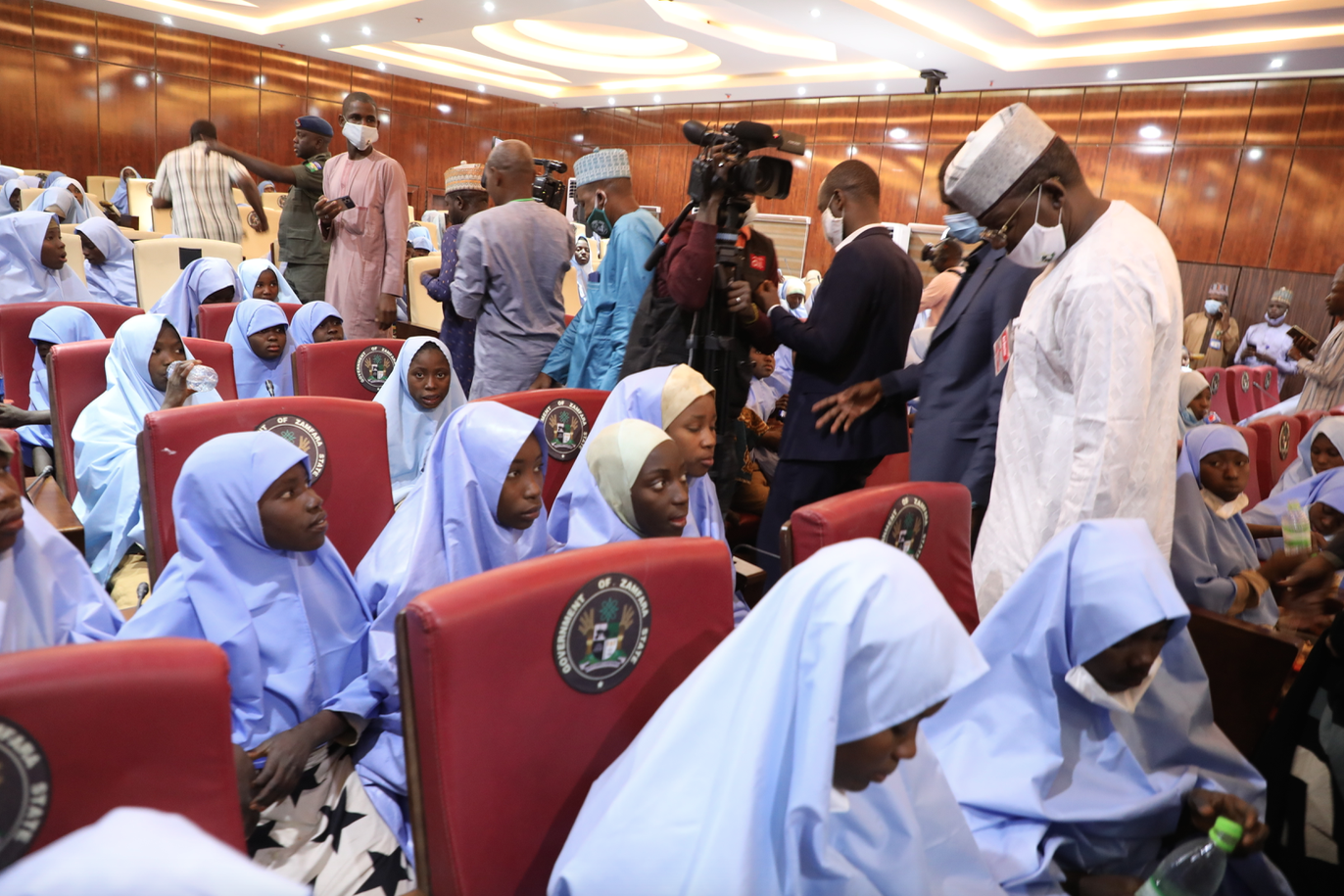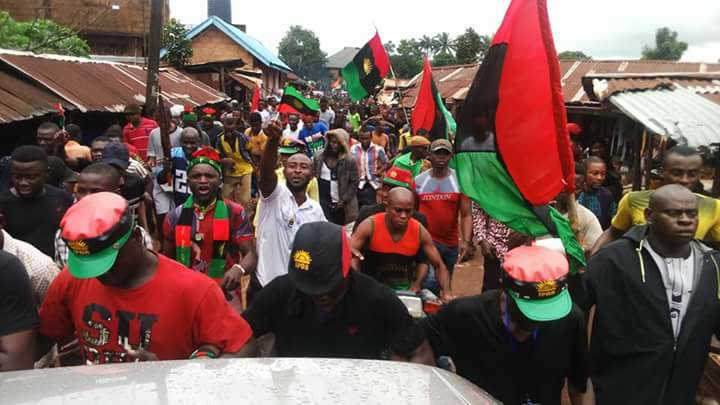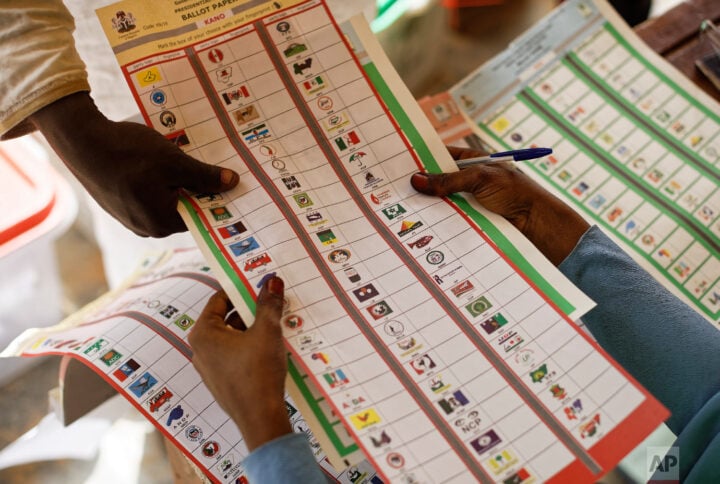One of the major outcomes of Nigeria’s declining economic performance, characterized by declining government revenue and rising public debt over the past couple of years, has been the increased adoption of public private partnerships (PPP) or private sector engagement in areas previously considered ‘exclusive’ by government. Between 2015 to date, unemployment has risen from 8.2 percent to 33.3 percent, inflation from 9 percent to 18.17 percent, alongside a recession, the first in decades. Poverty rate has risen to about 40 percent of the population, while the value of the naira against the US dollar, which is the currency for international trade and foreign affairs, has declined from N199 to US$1, to N410 to US$1. Public debt has risen to $79.303bn from US$10.72 billion in 2015, while external debt has also risen from US$10.316 billion in May 2015 to US$33.3bn in December 2020. The Covid-19 pandemic is projected to have cost the Nigerian economy severely, as GDP fell by 23 percent during lockdown. Household incomes also fell by 25 percent, leading a 9 percentage points increase in poverty rate nationally.
In town planning and urban development, you have land swap arrangements where the private sector is now largely responsible for the provision of housing and public infrastructure. In the highly critical and security-sensitive aviation industry, there are plans in place by government to involve the private sector, some of them foreign, in the management and increased commercialisation of the country’s four busiest airports namely Nnamdi Azikiwe International Airport Abuja, Murtala Muhammed International Airport Lagos, Mallam Aminu Kano International Airport Kano and Port Harcourt International Airport. In public infrastructure, there is the drive to revamp petroleum refineries with private sector participation, as well as the recent Highway Development and Management Initiative (HDMI) by the federal ministry of works & housing. Under the HDMI, major federal government highways such as Lagos – Abeokuta, Kano – Katsina, and Enugu – Port Harcourt are being commercialised, through private sector involvement.
Like infrastructure, foreign affairs is very important for the development and economic prosperity of every country. Its importance makes it one of the items on the Exclusive List of the 1999 Constitution of the Federal Republic of Nigeria, as amended.
Nigeria’s foreign policy conduct and the ministry of foreign affairs (MFA) have not been unaffected by declining economic trend and revenue. From 2016 – 2021, a meagre 0.5 percent of the federal budget has been allocated to Nigerian foreign missions. As a result, the country has increasingly been unable to defend her economic and political interests internationally, and play its traditional role in West Africa and Africa at large. During the Covid-19 pandemic and search for vaccines, the leadership role usually played by the country was lacking, especially as it concerned the purchase of vaccines. These and other factors over the years have contributed to her declining respect and prestige in international affairs. Nigeria has in the past few years also been trying to close some diplomatic missions abroad, and has also faced the diplomatic embarrassment of being unable to properly fund her diplomats, and meet many diplomatic financial commitments on time, due to paucity of funds. This scenario, in essence, aligns with international relations theory that domestic economic condition affects diplomatic capacity.
Advertisement
What then are practicable and feasible options that can be adopted in engaging the private sector, for sustainable foreign affairs and diplomatic activities?
There are no easy answers, especially given the somewhat conservative nature of diplomatic conduct. However, the activities of Africapitalism, championed by Tony Elumelu, a Nigerian economist and chairman of United Bank of Africa (UBA), offer some hope, if well harnessed.
Africapitalism champions the promotion of private sector and entrepreneurial led approaches to resolving the economic development challenges of Africa. Inherent in the economic philosophy is the attainment of development in Africa, through the deployment of long-term private sector investments in strategic sectors of the economy. These investments are expected to yield sustainable economic prosperity and social wealth in the continent, thereby addressing the endemic poverty that has held sway in Africa since colonial times.
Advertisement
In some way, Africapitalism shares some similarities with the ‘Zikism’ philosophy of Dr. Nnamdi Azikiwe (Zik of Africa), one of the most prominent promoters of decolonisation and economic freedom in Africa. Zikism identifies economic self-sufficiency as one the elements for liberation and attaining the status of the ‘Renascent African’.
Africapitalism is exemplified by the Tony Elumelu Entrepreneurship Programme (TEEP) of the Tony Elumelu Foundation (TEF), where thousands of youths from all regions and countries of Africa are empowered and trained annually. The programme which commenced in 2015, is a US$100million commitment from Tony Elumelu to provide mentorship, training and seed capital to 1,000 African entrepreneurs from every African region for 10 years. TEF has expanded its economic impact through partnerships with the African Development Bank (AFDB), United Nations Development Programme (UNDP), Deutsche Gesellschaft für Internationale Zusammenarbeit GmbH (GIZ), International Committee of the Red Cross (ICRC) and the European Union (EU), to provide support and economic assistance to thousands more youths and female entrepreneurs. These multilateral organisations have harnessed TEEP, through partnerships, to achieve their objectives.
Examples include gender-targeted empowerment by the EU. Falling within Nigeria’s immediate concentric circle, there is the TEF-UNDP Mali Entrepreneurship Program, designed to train, mentor and fund 10,000 young Malian entrepreneurs over a 3-year period, in line with the significant economic recovery intervention in Mali. The scale of what the TEEP and the Africapitalism Institute are doing compares favourably with foreign policy tools such as the American Peace Corps and Nigeria’s Technical Aid Corps. In 2021 alone, 3,400 young entrepreneurs from across Africa will be provided with non-refundable seed capital up to US$5,000, world-class business training, mentorship and global networking opportunities. Between the launch of the programme in 2015 till 2020, over 9,000 young African entrepreneurs from 54 African countries have been empowered by the programme. Every serious country will try to harness the diplomatic advantages and soft power from such programme. Nigeria, which prides herself as the ‘Giant of Africa’, cannot be an exception.
Indeed, major foreign policy practicing countries such as the USA do leverage on their private sector in deploying soft and hard power. The pride of place given to private persons such as Microsoft co-founder Bill Gates and the Gates Foundation, and Facebook co-founder Mark Zuckerberg, is almost diplomatic in nature, with almost guaranteed access to heads of state when they visit. The success stories of public health initiatives in Nigeria such as the campaign against polio, cannot be positively discussed without the mention of Bill Gates.
Advertisement
The MFA can ’embrace’ more, the activities of Africapitalism and TEEP, as the latter can be interpreted to mean a clear demonstration of Nigeria’s economic might. Elumelu may not Africa’s richest man, therefore his multilateral thought process and funding should be harnessed by the Nigerian government as a foreign policy tool, especially as the capacity of the government to fund foreign policy continues to decline.
This proposed PPP initiative can come under a Foreign Affairs Development Initiative (FADI), with the Nigerian Institute of International Affairs (NIIA) also collaborating with the Africapitalism Institute. With FADI, other Nigerian business owners with multilateral spread can be voluntarily incorporated under the initiative. They will in turn gain more visible support from the Nigerian government and foreign policy decisions, especially in their international business exertions. Indeed, companies such as Globacom Limited (GLO) the Nigerian multinational telecommunications company, and Air Peace, the leading Nigerian airline, should be willing to be a part of FADI, if there are assurances that they will receive the diplomatic support required to address the challenges they have faced, and are still facing, in some foreign countries. Such a mutually symbiotic arrangement provides a very sustainable means of enhanced foreign policy promotion, if well managed. The initiative will also improve the ability of Nigerian diplomats to be adroit in the economic aspects of diplomacy.
As earlier mentioned, foreign affairs can be conservative. The FADI being proposed can however negotiate this conservative terrain by dwelling on the successful ‘Economic Diplomacy’ initiative of the 1980s championed by Senator Ike Nwachukwu, one of Nigeria’s finest infantry military officers, as foreign affairs minister. This proposed approach can in some ways, be also made to complement the Nigeria Economic Diplomacy Initiative (NEDI) of 2018- which may be seen as an extension of the economic diplomacy policy of Ike Nwachukwu. NEDI is designed as a collaborative effort of the ministry of foreign affairs with the federal ministry of industry, trade and investment (FMITI); alongside two agencies of FMITI, which are the Nigerian Investment Promotion Commission (NIPC); and the Nigerian Export Promotion Council (NEPC). The initiative is designed to promote economic growth and development through facilitation of market access, foreign direct investment (FDI), cross-border trade and recruitment of skilled Nigerians in diaspora for national development.
The private sector has played a key role in arguably the most successful multilateral socioeconomic recovery program – The European Recovery Program (ERP) of 1948 otherwise known as the ‘Marshall Plan’- for the rebuilding of parts of Europe after the Second World War. Lewis H. Brown, an industrialist authored ‘A Report on Germany’ in 1947 which served as the basis for the ERP. The Brookings Institution, a private Think-Tank provided support to the US State Department on it, while George Marshall, after whom the plan was ascribed the more popular name of the ERP, delivered an address on the plan at Harvard University, a private university. The US government unarguably used the Marshall Plan to achieve significant foreign policy objectives in Europe.
Advertisement
Highlighting the role that private think-tanks and organisations such as the Council on Foreign Relations, Brookings Institution and Carnegie Corporation play in supporting foreign policy and diplomacy in the United States- which has the most robust diplomatic engagement in the world, may help convince those who would otherwise resist such ideas, to see reasons for change in approach.
In a dollar-denominated global diplomacy environment, the fact that the naira has lost over 100 percent of its value against the US dollar since 2015, declining from N199 to US$1 in 2015 to N410 to US$1 in 2021, means that a lot of diplomatic firepower has been lost. Over 90 percent of non-debt revenue is being devoted to debt servicing, and foreign debt has risen from US$10.316 billion in May 2015 to US$33.3bn in December 2020, without a commensurate increase in the standard of living and development indices. With public revenue still very much reliant on a declining petroleum sector, the situation of poor funding and declining capacity for Nigeria’s foreign policy and diplomatic exertions will, unfortunately, continue, unless new approaches are adopted.
Advertisement
The prevalent incidences of insecurity which lead to an increase in security expenditure, at the expense of other sectors such as foreign affairs, health and education, alongside the declining revenue profile of government, suggest that foreign affairs will continue to receive reduced funding. The request to the USA for the relocation of AFRICOM to the Gulf of Guinea, which so far has not been positive, are pointers to what the financial situation portends for Nigeria. New strategic and collaborative approaches are therefore required.
In deploying diplomatic advantages under FADI, lessons should be learnt from previous experiences, such as Nigeria being a frontline state in the fight against apartheid South Africa, and Nigeria’s contributions towards peace in West Africa, especially with expenditure of at least $8billion and military support through the ECOWAS Monitoring Group (ECOMOG). These contributions definitely could have been better appreciated by the beneficiary countries. Praxis for the proposed FADI could involve a visible role for the ministry of foreign affairs in TEEP 2022, which should go beyond the provision of consular services for beneficiaries visiting Nigeria, to include roles for the Honorable Minister of Foreign Affairs at either the opening ceremony, or closing ceremony, or both.
Advertisement
If PPPs are required for very vital sectors of national life such as educations, healthcare, infrastructure and economic development, then PPPs are good enough for foreign relations and diplomacy.
Nostalgic thoughts about the ‘good old days’ of Nigerian foreign affairs are unlikely to reemerge if conventional petroleum-derived funding approaches are maintained. The contemporary circumstances and changes that have occurred over time require new approaches. There may not be many more feasible and mutually beneficial private sector funding opportunities for Nigeria foreign affairs, as the proposed Foreign Affairs Development Initiative. If major multilateral organisations such as the AfDB, EU, UNDP, ICRC and GIZ can partner with TEF, then Nigeria, through the Ministry of Foreign Affairs stands to benefit a lot more from such partnership, under FADI.
Advertisement
This is not in any way a proposition that encourages the government to do less of foreign affairs funding while relying more on private sector financing. The economic and political challenges that the foreign affairs conduct of Nigeria has been facing, can however be sustainably addressed using more strategic partnerships with the Nigerian private sector. Here, private sector operators with international interests such as Tony Elumelu, the promoter of Africapitalism, collaborate more with government through funding and other means of support. The government, in turn, leverages on some of their activities and also provides them with more diplomatic and foreign service support in their international commercial endeavours.
Uwanaka writes through chukweks@yahoo.com
Views expressed by contributors are strictly personal and not of TheCable.
Add a comment
